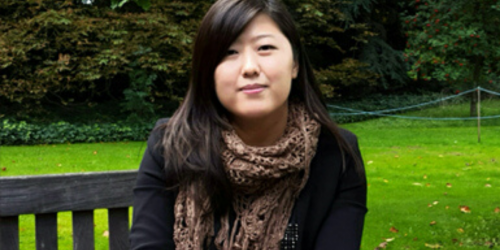
College alumna donates 1500 disposable medical use face masks in battle against Coronavirus
Yang Yang kindly donated the masks to reduce the chance of the disease being passed on
The paper identifies an urgent need for research in order to minimise and manage the substantial, immediate and long-term effects of Covid-19
Prof Ed Bullmore, head of the department of psychiatry at the University of Cambridge and Fellow at Lucy Cavendish College has co-authored the paper ‘Multidisciplinary research priorities for the COVID-19 pandemic: a call for action for mental health science’, published by Lancet Psychiatry. The paper identifies the urgent need for research into the impact of Covid-19 on mental health in order to minimise and manage the substantial, immediate and potentially long-term effects.
Ed and a team of colleagues in mental health sciences were brought together by the charity MQ and the UK Academy of Medical Sciences - their key priority is the need for real-time monitoring of mental health issues, both across the general population and vulnerable groups, as well as healthcare professionals. Ed reports that current research is insufficient and fragmented, but what there is, combined with what we know from previous pandemics, indicates ‘major social and psychological impact on the whole population.’
The team also point out that it’s not just the impact of Coronavirus itself, but of associated policies like lockdown which lead to unemployment and financial hardship, social isolation, home-schooling and many other significant changes that are ‘major psychological risk factors for anxiety, depression and self-harm.’
Read the full paper here ‘Multidisciplinary research priorities for the COVID-19 pandemic: a call for action for mental health science’
Further reading:
COVID-19 and mental health: 5 things to know about our new project
About Ed Bullmore
Ed has been a Professor of Psychiatry in Cambridge since 1999. He has set up the Brain Mapping Unit at the University and is director of functional MRI at the Wolfson Brain Imaging Centre; he is also a co-director of CAMEO, a clinical service for patients with early symptoms of psychosis and is currently head of the department of psychiatry.
His research interests are in understanding human brain network organization from neuroimaging data in health and disease. His recent methodological work has focused on graph theory to measure aspects of brain network topology. He is also interested in better neuroscientific understanding and treatment of psychiatric disorders.